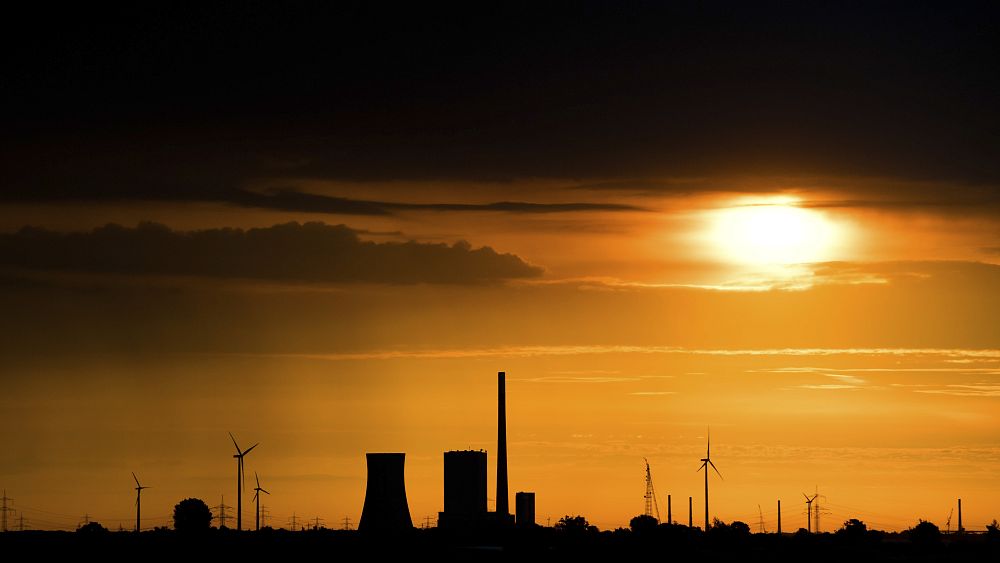
With energy prices rising and winter approaching, millions of people across Europe are worried about whether they’ll be able to afford their next gas or electricity bill.
And the lasting economic effects of the pandemic could make this energy poverty even worse.
“You have people who face important consumption levels, which they have difficulty paying for,” Alexandre Viviers, an energy expert at Sia Partners, told Euronews. “You will have other households who will self-deprive and turn off the heat, for instance, if they still want to be able to eat. So you will meet different forms of energy poverty.”
A country’s level of income, and the type of energy mix they use, plays a significant part in the overall rate of the population affected by energy poverty.
The proportion of the population unable to adequately warm their homes ranges from 3% in Luxembourg to 30% in Bulgaria, according to a 2020 study by the EU Energy Poverty Observatory.
A Council of Europe Development Bank report from 2019 found an estimated 30 million people across Europe were affected by energy poverty, defined in this instance as the inability to keep one’s home adequately warm.
But EU countries are struggling to come up with a uniform approach to tackling the issue.
Experts say that the short-term solutions to the energy price hike that member states can take should go in hand-in-hand with a common long-term approach to transitioning out of fossil fuels while ensuring energy security.
“One of the levers that EU governments have is, of course, to play on the taxes and levies that are part of the energy bills,” said Viviers.
“Now it’s not the only option. They can also come with one shot allowances from outside the energy bill. But I think this debate will be quite important. What does belong to the energy bill and what does not? How do we want to finance, among others, the energy transition, but also some social measures related to energy poverty?”
While EU leaders will continue debating the solutions to this energy crisis, some campaigners are advocating for the recognition of energy access as a human right.